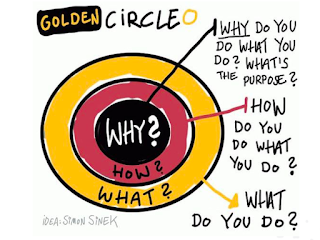The shared discussion was a new idea for me. A Staff Meeting with people around New Zealand with similar concerns or wonderings.
Our focus was on Maths we had a few questions to get the discussion underway
Knowing our Learners:
1. Describe what is happening for the group of learners you selected, their strengths and weakness. Discuss evidence e.g. anecdotal, blogs, observation, data ...
2. Summarise the learning challenges you plan to focus on in class. Why is this important to your class, your school? What difference will it make for your learners/school?
Changes:
3. Your hunch - Describe what you can change or do differently to improve learning experiences and outcomes for students.
4. Learning - Describe how you have acquired new knowledge and skills to make changes in your practice e.g. PLD, readings/research, ideas from your own colleagues
Taking Action:
5. Describe what you are planning to do (or have done) differently. Have you planned to regularly monitor the impact of what you are doing differently? e.g. surveys, smiley face charts from e-asttle...
Changes for my class -
I was focusing on my lower group and wondering how I can help them move, one is ESL and the others seem to have a problem with focusing.
We talked about structuring a lesson in small parts
Warm-up - 10minutes
Problem Solving (Thinking) - 20 minutes, moving around and talking with other students to help them
The use of speaking frames to help students phrase what they are thinking was a thoughtful idea.
Exposing them to vocabulary that is particular to Mathematics - inverse, operations, multiple...
Using vocabulary with prompts and visual aids to help remind students of meaning.
Say and show
Explain to a friend
Regularly asking them to THINK PEER SHARE
How can you prove that to me?
Find, Explain and Fix the Error (teacher made)
At the end of the lesson, I want to use these phrases more...
What did you learn today?
What did you struggle with today?
What do you need more help with?
Ideas to help with Math learning in class ...
Kahoot - A great way to check student understanding or do basic facts
So I am going to get the students in my class in a few of these,
I do like E-ako maths as it is New Zealand based and free.























